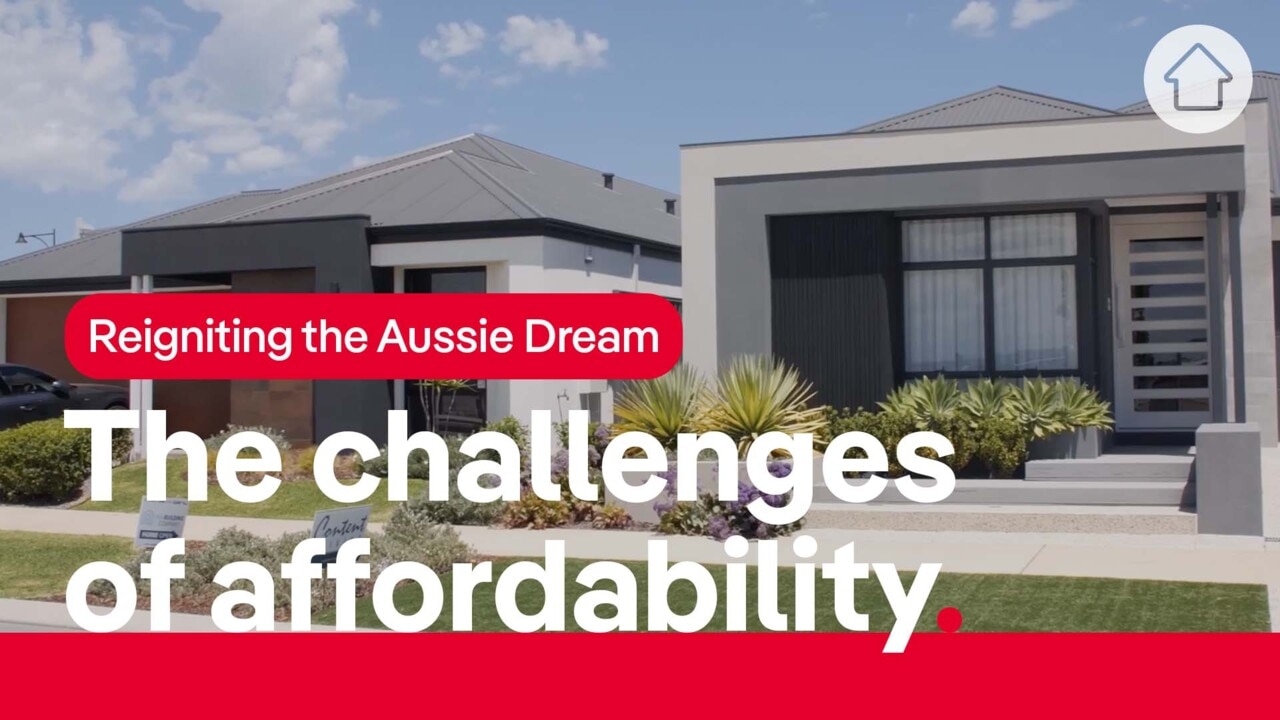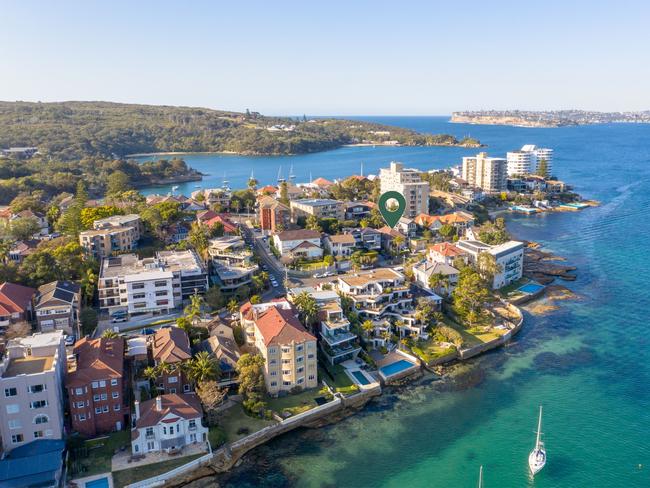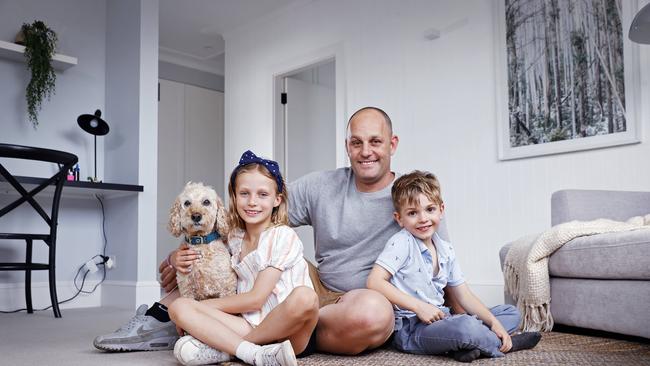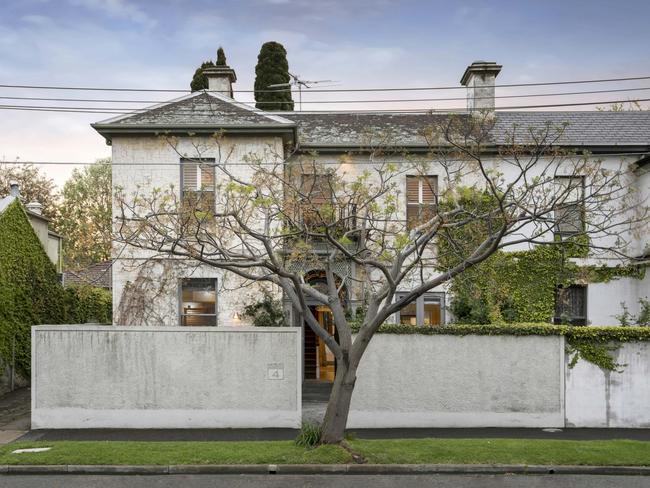Real Estate Australia: Melbourne to eclipse Sydney as most expensive city for property by 2030
The average cost of a Sydney house will double over the next decade, it’s predicted, but the Harbour City will no longer be the most expensive property market in Australia.

Property
Don't miss out on the headlines from Property. Followed categories will be added to My News.
Sydney will lose its status as the country’s biggest and most expensive city by the end of the decade – with other capitals set to eclipse a still bumper rate of property price growth in coming years.
Modelling provided exclusively to the Saturday Telegraph showed the property market will rebound from the current market downturn with strong price growth over the next decade.
It will leave home seekers paying an average of $2.4m for a house by 2030 – double what they pay now – and $1.05m for the average unit, according to the projections from property group PRD Nationwide.
Housing affordability will remain stretched, but these prices will make Sydney the second priciest market for house buyers behind the Gold Coast.
Sydney will also be the third most expensive major city to buy a unit after Geelong and Melbourne, according to the modelling, which used historic data from decades of downturns, market recoveries and boom periods to project average growth rates into the future.

Sydney is currently the most expensive Australian city by some way, with house prices close to $300,000 higher than in Melbourne, the next most expensive city.
Unit prices average about $140,000 higher than in the Victorian capital, despite recent falls caused by the fastest interest rate hikes in 30 years.
PRD Nationwide chief economist Dr Diaswati Mardiasmo said the market would eventually adjust to higher interest rates and the long-term outlook for home prices was increased growth.
Much of that growth would be driven by rising migration, a soaring city economy and developers not building new homes fastest enough to meet demand.
Houses were becoming particularly scarce and units would be the likely entry point for most buyers in 2030, Dr Mardiasmo said.
“At the end of the day, it’s about supply,” she said. “If you look across Greater Sydney, most new projects are units, not houses.
“In fact, there are thousands of new apartments getting built but hardly any new houses. So we’d expect growth in unit prices to be half that of houses.”

Families with children – the traditional market for houses with backyards – would have to embrace apartment living for longer, Dr Mardiasmo added.
“We are already in a climate where families settle for units because there are not enough houses. Families are having conversations about if they can squeeze into a two-bedroom unit, because the competition for houses is too great.”
It comes as demographers revealed population trends indicated Melbourne will overtake Sydney as the country’s most populated city by 2030.
It would be a remarkable feat considering Sydney has more high paying jobs than its southern neighbour, along with a bigger global footprint.
Experts said Melbourne overtaking Sydney was largely on account of the better housing affordability and lower cost of living relative to people’s income.
Demographer Mark McCrindle said Sydney was losing more long-term residents because higher living costs eroded their disposable income more than in other cities.
“You might earn more but you spend more too and more households see better value in other cities,” he said.

Mr McCrindle added that Sydney could reverse the trend if policymakers found ways to make high-density areas more attractive locations for people to live.
McGrath Hunters Hill partner Benjamin Mulae said it would be prudent for home seekers to keep in mind that property prices would go up in the long-term even if they are currently dropping.
“A lot of buyers become a little too focused on price drops. They keep waiting for the best time to buy, but sometimes you can only see when that right time was after it has passed. By then it’s too late,” Mr Mulae said.
“Buyers have to remember it’s not just about the property cycle. It’s about the opportunity in front of you. When the right property comes along, and it’s the right time for you, that’s the best time to buy because historically prices go up over the long term.”
Putney residents Martha and Stephen Dale are selling their long-time home on Delange Rd at auction December 10 to upsize to the northern beaches and said they were confident about making a new purchase.
“Real estate has proved a good investment for us,” Mr Dale said. “Prices have gone through the roof in Putney … when we first bought here taking on this big mortgage was frightening.
“But so much has changed … the prices when we bought 12 years ago are nothing like they are now.”





